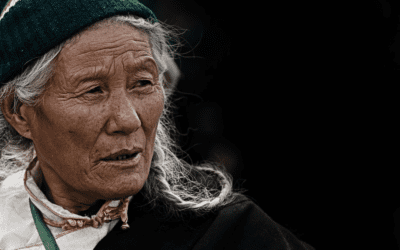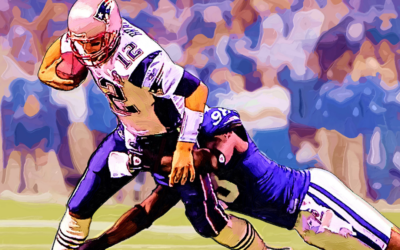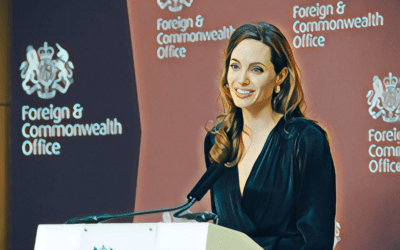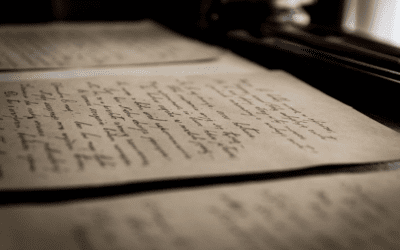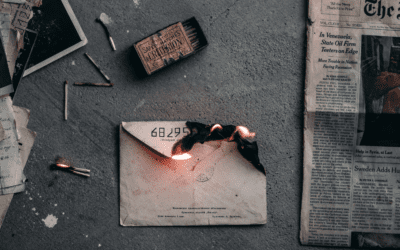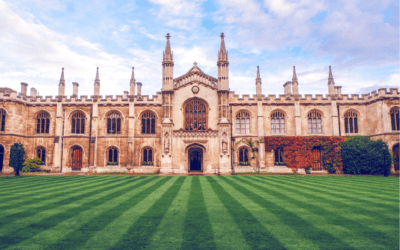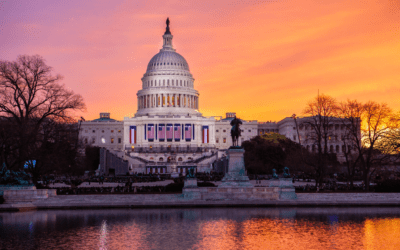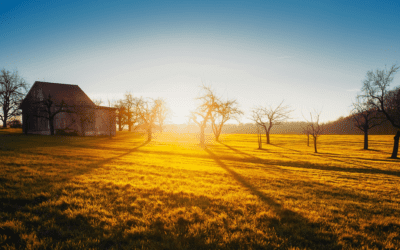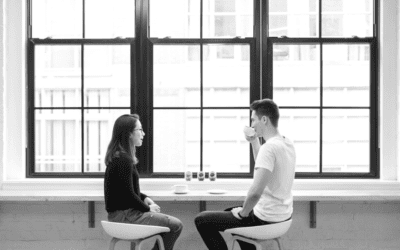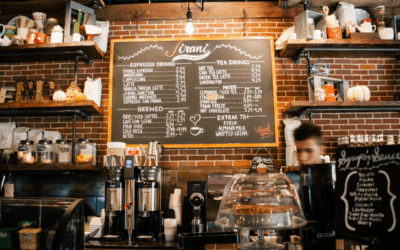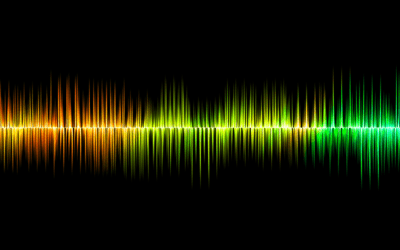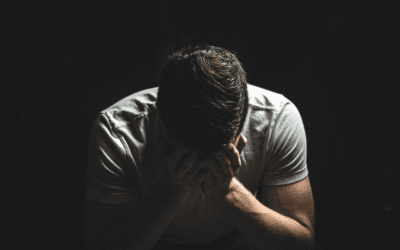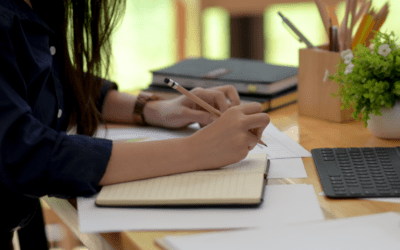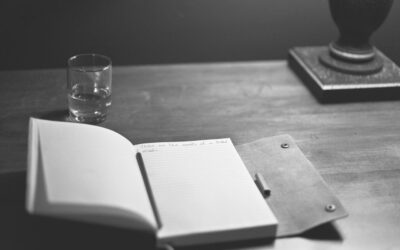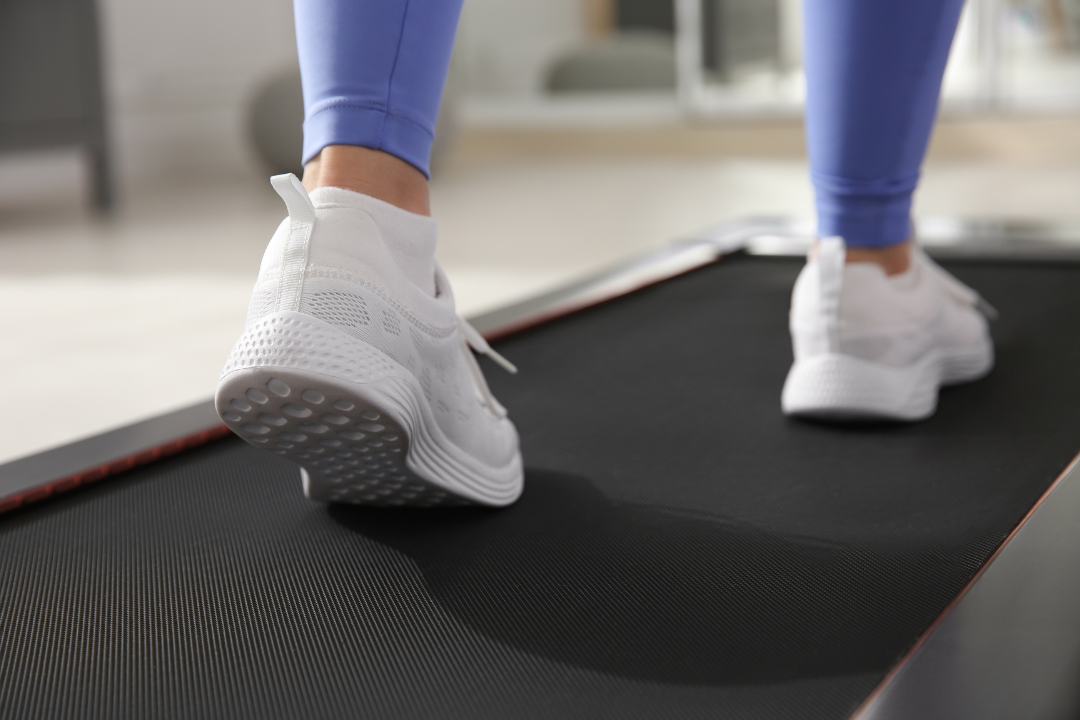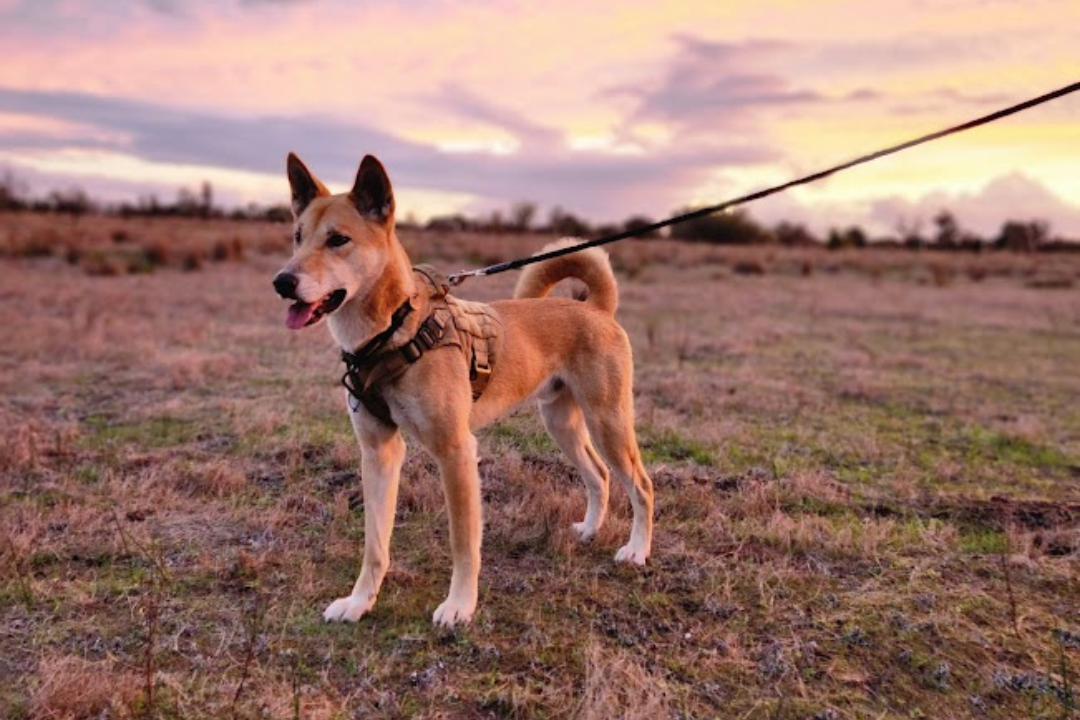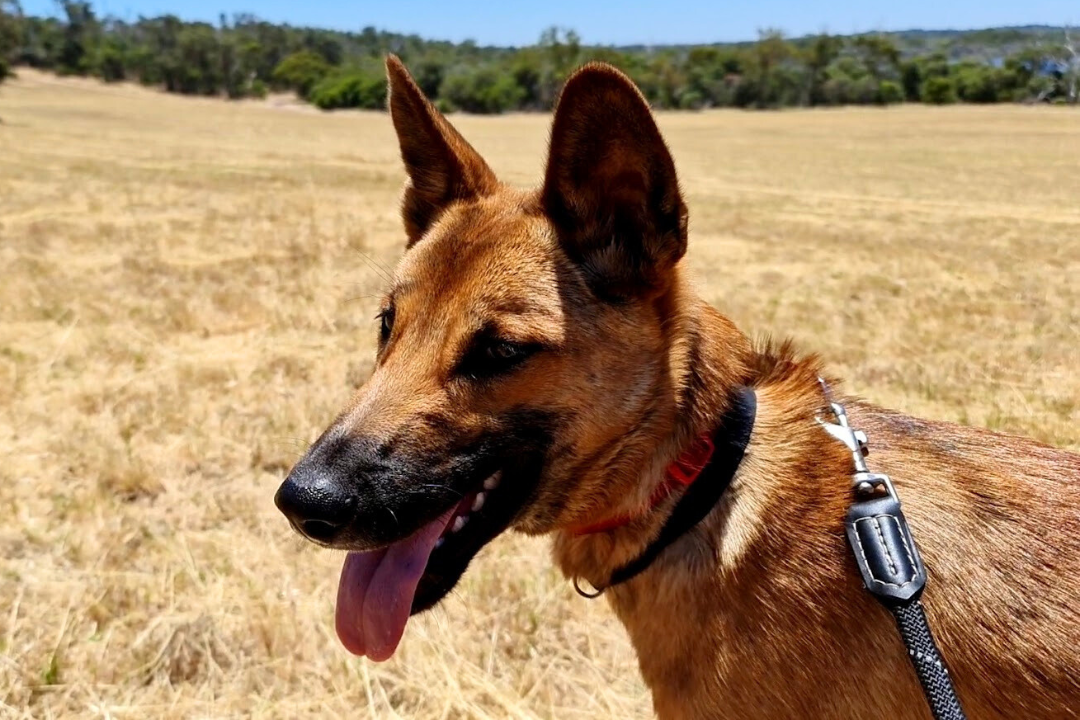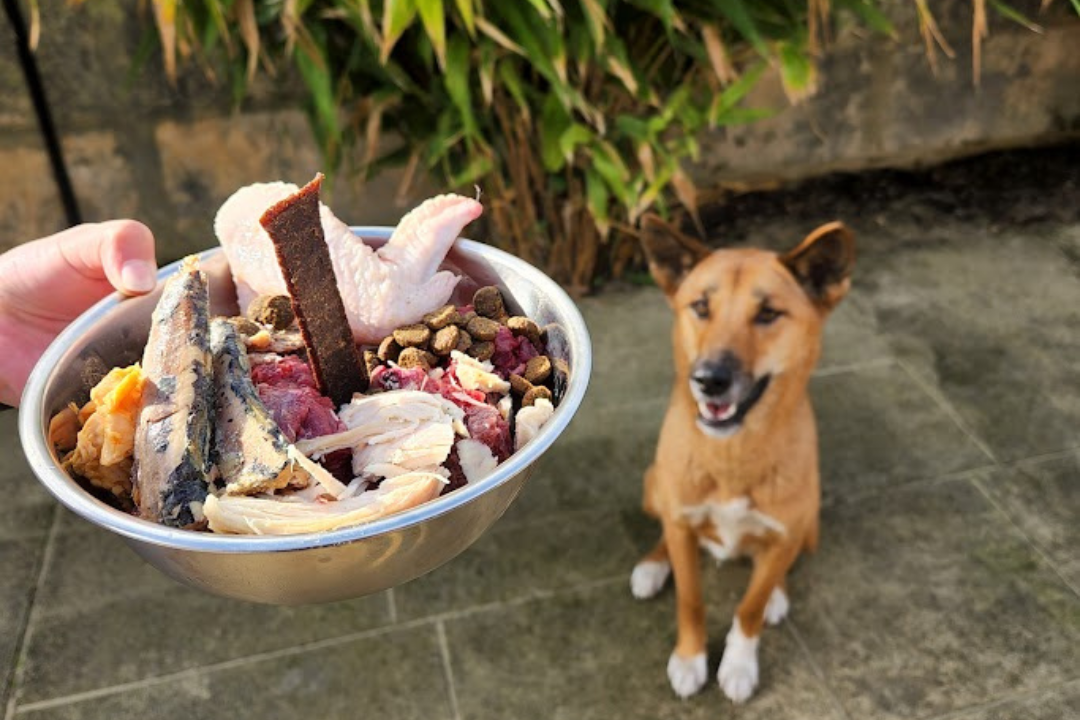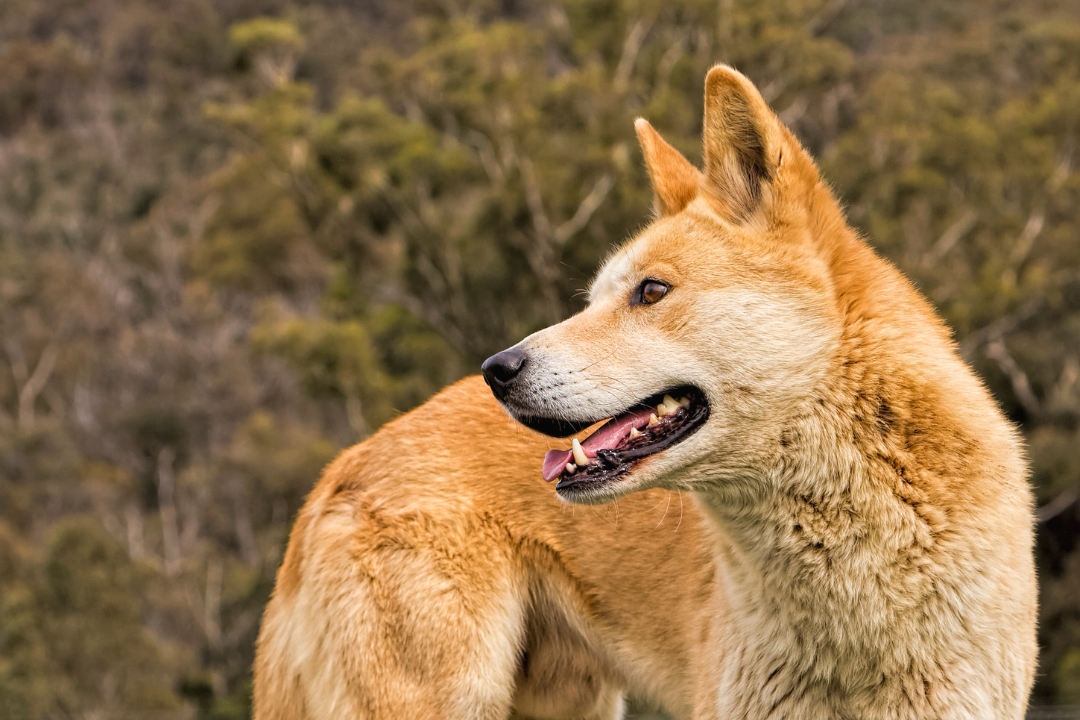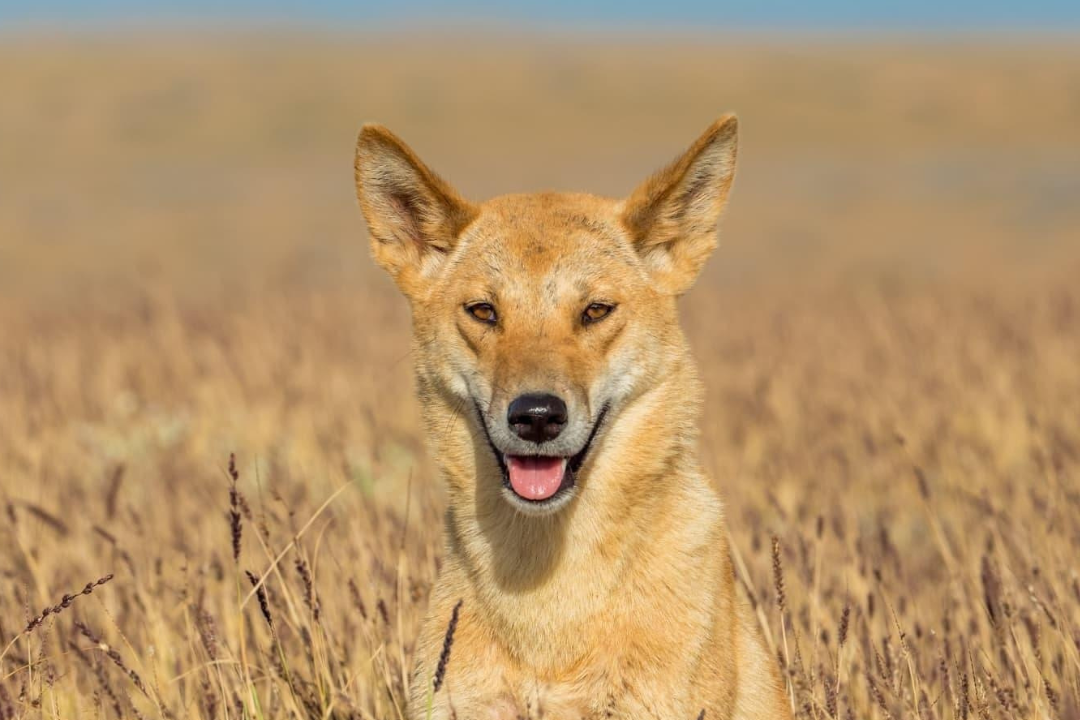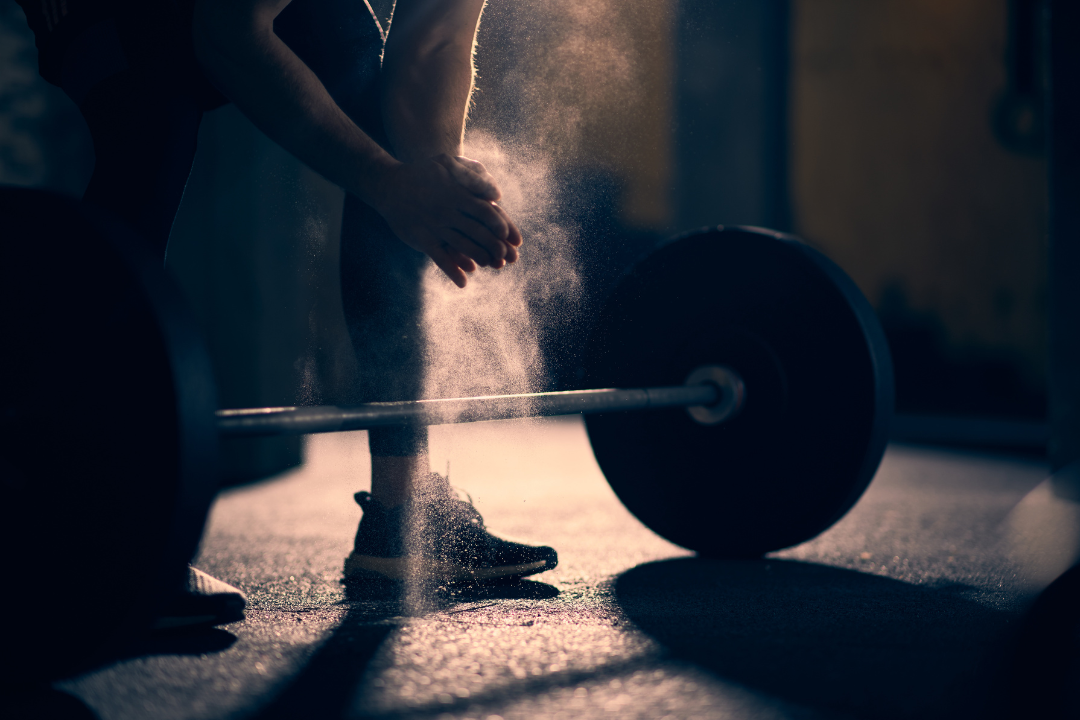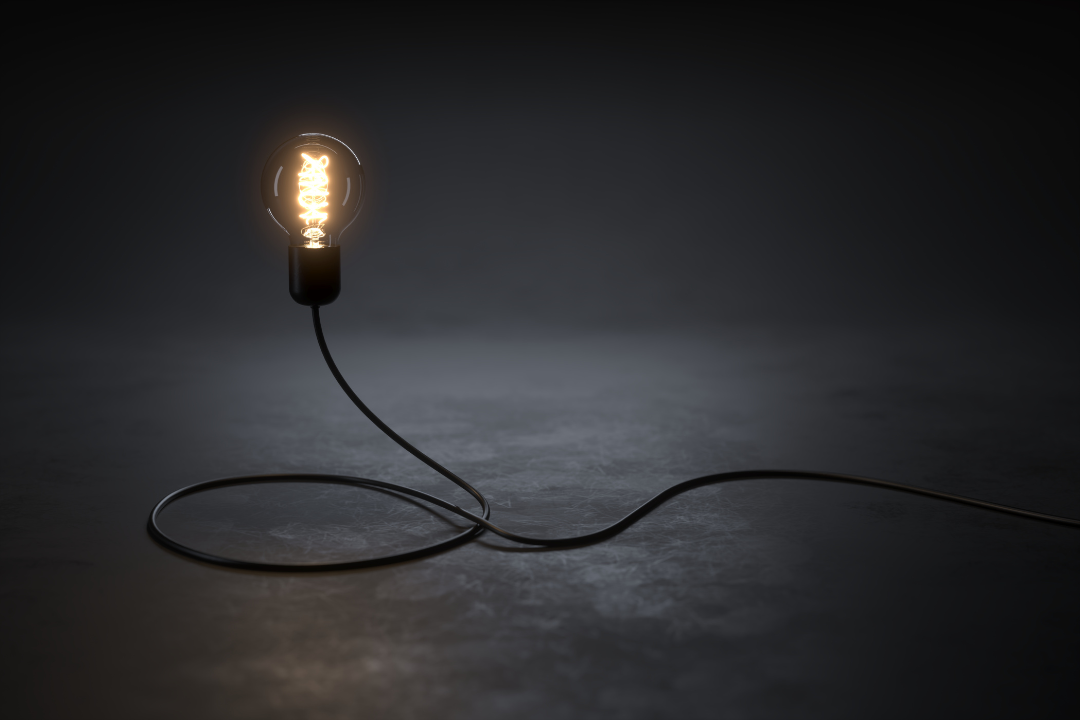Let’s kick off this series with a quick definition of biography! How’s it different from a memoir? Let’s find out!
BIOGRAPHY
Biography: fact or fiction?
Just how truthful is a biography? And what about authorised biographies — are they more accurate? Time to look at burglars, warts and parasites!
Biography: only about famous people?
Step into a library or bookshop and faces of famous elites take up the biography shelves. Is this our history? Do they represent who we are?
Getting started with biographical research
First, the essential question: are you ready to spend years of your life with this person? Three, five, ten, twenty years? If the answer is yes, you’re ready to start your quest.
Primary evidence: prowler in the archives
From burning letters to sealed trunks and rescuing papers from the Thames, tracking down primary evidence isn’t for the weak. Let’s look at the challenges of using primary evidence, from finding it to gaining consent, as well as the successes a few biographers have had, including Walter Isaacson, Hermoine Lee, Robert Caro and Stacy Schiff.
Using interviews in biographical research
Now that you’ve prowled through the archives and pored over letters, you’re as informed as you ever will be and are ready to carry out additional field research, such as interviews, observation and immersion.
Immersion in life writing
From Frank Sinatra and Gay Talese to Buzz Bissinger and Friday Night Lights. Let’s take a look at Lee Gutkind, immersion in creative nonfiction and how immersion can lead to incomparable results.
Interviewing for biography: before the interview
Get this part wrong and your actual interview may be doomed. Find out about what to consider in the the pre-interview, as we go deeper into language, location, timing, power, ethics and more. It’s a long one, but a good one!
Opening and closing a biographical interview
Getting prepped for a biographical interview involves a fair amount of effort, congratulations on making it this far. Before we jump into the questions you’ll be asking, it’s important to consider what you should do at the start and end of your interview.
Interviewing for biography: interrogation, conversation, and the in-between
Which questions to ask? Consider what you’re hoping to achieve with your interview, then decide which approach to take: structured, unstructured, semi-structured, chronological, emotive or narrative.
How to ask questions in a biographical interview
Biographical interviews: let’s look at how to ask questions, then in the next article, we’ll look at what types of questions you can ask.
Types of questions to ask in a biographical interview
There’s open and closed-ended questions, then there’s specific types of questions, such as the funnel approach, statements, rhetorical, narrative, explanatory and verification questions. Find out how and when to use each in a biographical interview.
Listening in a biographical interview
Most of us have room for improvement when it comes to listening, and in a biographical interview, it’s a crucial skill to sharpen and wield. In this article, we’ll take a look at waiting and acknowledging and how silence is far from being the enemy.
Interviewing for biography: managing self
Biographers influence the interviewee and outcome of the interview. What strategies can you use to keep yourself in check?
Interviewing for biography: further reading
References and further reading about research into the practice of biography, with a focus on interviewing for biography.
Note-taking in a biographical interview
Recording an interview probably seems like an easy choice: it’s convenient, accessible and fairly unobtrusive — or is it? Let’s look at when recording an interview might not be the best option and what biographers and oral historians have done in the past.
BIOGRAPHY
What is biography?
Let’s kick off this series with a quick definition of biography! How’s it different from a memoir? Let’s find out!
Biography: fact or fiction?
Just how truthful is a biography? And what about authorised biographies — are they more accurate? Time to look at burglars, warts and parasites!
Biography: only about famous people?
Step into a library or bookshop and faces of famous elites take up the biography shelves. Is this our history? Do they represent who we are?
Getting started with biographical research
First, the essential question: are you ready to spend years of your life with this person? Three, five, ten, twenty years? If the answer is yes, you’re ready to start your quest.
Primary evidence: prowler in the archives
From burning letters to sealed trunks and rescuing papers from the Thames, tracking down primary evidence isn’t for the weak. Let’s look at the challenges of using primary evidence, from finding it to gaining consent, as well as the successes a few biographers have had, including Walter Isaacson, Hermoine Lee, Robert Caro and Stacy Schiff.
Using interviews in biographical research
Now that you’ve prowled through the archives and pored over letters, you’re as informed as you ever will be and are ready to carry out additional field research, such as interviews, observation and immersion.
Immersion in life writing
From Frank Sinatra and Gay Talese to Buzz Bissinger and Friday Night Lights. Let’s take a look at Lee Gutkind, immersion in creative nonfiction and how immersion can lead to incomparable results.
Interviewing for biography: before the interview
Get this part wrong and your actual interview may be doomed. Find out about what to consider in the the pre-interview, as we go deeper into language, location, timing, power, ethics and more. It’s a long one, but a good one!
Opening and closing a biographical interview
Getting prepped for a biographical interview involves a fair amount of effort, congratulations on making it this far. Before we jump into the questions you’ll be asking, it’s important to consider what you should do at the start and end of your interview.
Interviewing for biography: interrogation, conversation, and the in-between
Which questions to ask? Consider what you’re hoping to achieve with your interview, then decide which approach to take: structured, unstructured, semi-structured, chronological, emotive or narrative.
How to ask questions in a biographical interview
Biographical interviews: let’s look at how to ask questions, then in the next article, we’ll look at what types of questions you can ask.
Types of questions to ask in a biographical interview
There’s open and closed-ended questions, then there’s specific types of questions, such as the funnel approach, statements, rhetorical, narrative, explanatory and verification questions. Find out how and when to use each in a biographical interview.
Listening in a biographical interview
Most of us have room for improvement when it comes to listening, and in a biographical interview, it’s a crucial skill to sharpen and wield. In this article, we’ll take a look at waiting and acknowledging and how silence is far from being the enemy.
Interviewing for biography: managing self
Biographers influence the interviewee and outcome of the interview. What strategies can you use to keep yourself in check?
Interviewing for biography: further reading
References and further reading about research into the practice of biography, with a focus on interviewing for biography.
Note-taking in a biographical interview
Recording an interview probably seems like an easy choice: it’s convenient, accessible and fairly unobtrusive — or is it? Let’s look at when recording an interview might not be the best option and what biographers and oral historians have done in the past.
